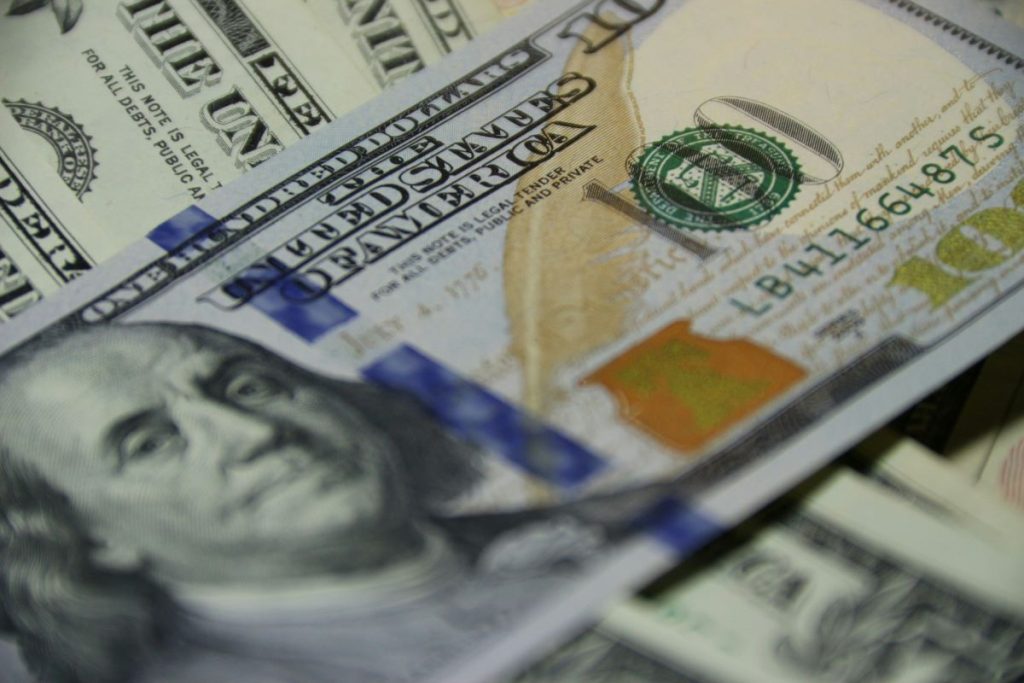President-elect vows to penalize nations challenging the U.S. dollar’s dominance, raising trade tensions.
Trump’s Bold Move to Protect the Dollar
Donald Trump has declared his intention to impose 100% tariffs on members of the BRICS consortium if the group advances efforts to replace the U.S. dollar with an alternative currency. The president-elect made this pronouncement on Nov. 30 via his social media platform, Truth Social, stating that countries supporting a shift away from the dollar would face severe trade penalties and could lose access to the U.S. market entirely.
“Any countries that back another currency to replace the U.S. dollar will face increased duties and eventually say goodbye to selling in the U.S.,” Trump warned, emphasizing his commitment to maintaining the dollar’s position as the world’s dominant reserve currency.
The BRICS group, initially founded in 2009 with Brazil, Russia, India, and China as members, aims to reduce Western influence over the global economy. Over time, additional countries such as South Africa, Egypt, Ethiopia, Iran, and the UAE have joined, expanding its reach. Efforts to use local currencies for international trade—and even create a common currency—have gained momentum among BRICS members, as highlighted by Brazilian President Luiz Inácio Lula da Silva at the group’s 2023 summit.
Escalating Trade Rhetoric Sparks Concerns
Trump’s latest tariff threat follows his Nov. 14 vow to levy 25% duties on imports from Canada and Mexico immediately upon taking office. These aggressive trade policies are consistent with his first-term strategies and campaign promises, which sought to protect U.S. economic interests by leveraging tariffs as a negotiating tool.
While Trump’s stance aligns with his “America First” approach, critics argue that such measures could disrupt global trade and provoke retaliatory actions. BRICS countries, in particular, represent significant portions of global trade and production, making them critical players in the international economy. Tariff-driven trade disputes with this bloc could lead to higher costs for American businesses and consumers.
The Dollar’s Dominance Under Pressure
Trump’s aggressive rhetoric underscores growing anxieties about the U.S. dollar’s global role. While these tariff threats aim to deter economic alignment among BRICS nations, they may also accelerate their push for alternative currencies. Supply chain leaders should closely monitor these developments, as geopolitical shifts and tariff impositions could profoundly impact sourcing strategies, cost structures, and market access. In an increasingly multipolar economic landscape, diversification and proactive risk management are more critical than ever.







